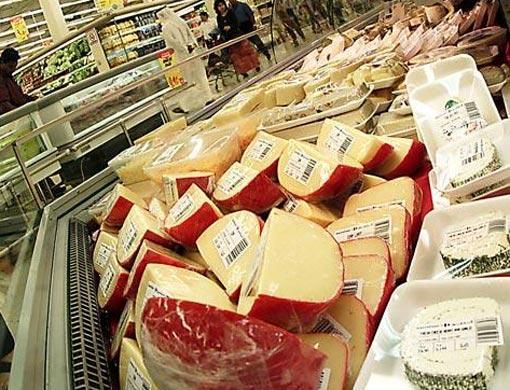Abu Dhabi: The UAE will not introduce a value-added tax until at least 2010, said a government official, countering media reports that it will be implemented in early 2009.
Replacing import tariffs with VAT will involve the creation of a "huge infrastructure" and may not be possible unless all six member-states of the Gulf Cooperation Council adopt the system together, Saeed Khalifa Saeed Al Merri, deputy director-general of the UAE Federal Customs Authority, said on Sunday in an interview in Abu Dhabi.
The UAE has been studying the adoption of VAT to replace customs duties that will be abolished as the second-biggest Arab economy signs free-trade agreements.
The country is currently negotiating trade deals with the European Union, China and India, among others.
"VAT has not yet been approved," said Al Merri.
"The government is studying the impact, and wants to know all the positives and negatives, so it might not do it at all, maybe by 2010."
The UAE will introduce VAT early next year, Gulf News reported in May, citing Abdul Rahman Al Saleh, executive director of Dubai Customs.
The Emirate, the third-biggest oil producer in the Organisation Petroleum Exporting Countries, doesn't levy income tax on individuals and most businesses, earning the majority of its revenue from crude oil sales.
Abu Dhabi, which holds almost all of the UAE's crude reserves, earned 92 per cent of its revenue from oil sales last year, the Abu Dhabi Department of Planning and Economy said in a report on August 7.
"At a time of high inflation and record oil income, it would be difficult for the UAE, or any other GCC country, to introduce a tax that will be inflationary in the first year," Monica Malik, chief economist at EFG-Hermes Holding SAE said.
VAT may be inflationary as UAE businesses pass on the cost of implementation, Ernst & Young LLP said in March.
UAE inflation accelerated to a record 11.1 per cent in 2007, from 9.3 per cent in 2006, as the cost of food and housing soared.
If the introduction of VAT is dependant on a GCC-wide agreement it will be even more difficult because many of the countries are yet to start looking at it, Malik said.
"If we reach the point where it might come into effect, that means we have to study all the procedures, because it will affect the customs union and it will affect even the whole customs work in the UAE," said Al Merri on Sunday.











